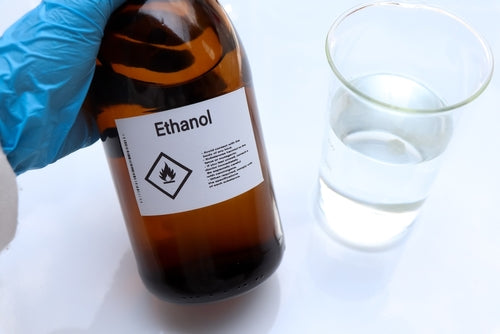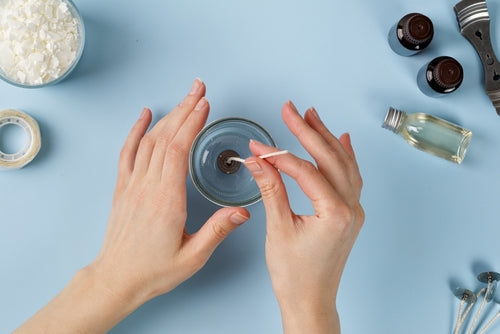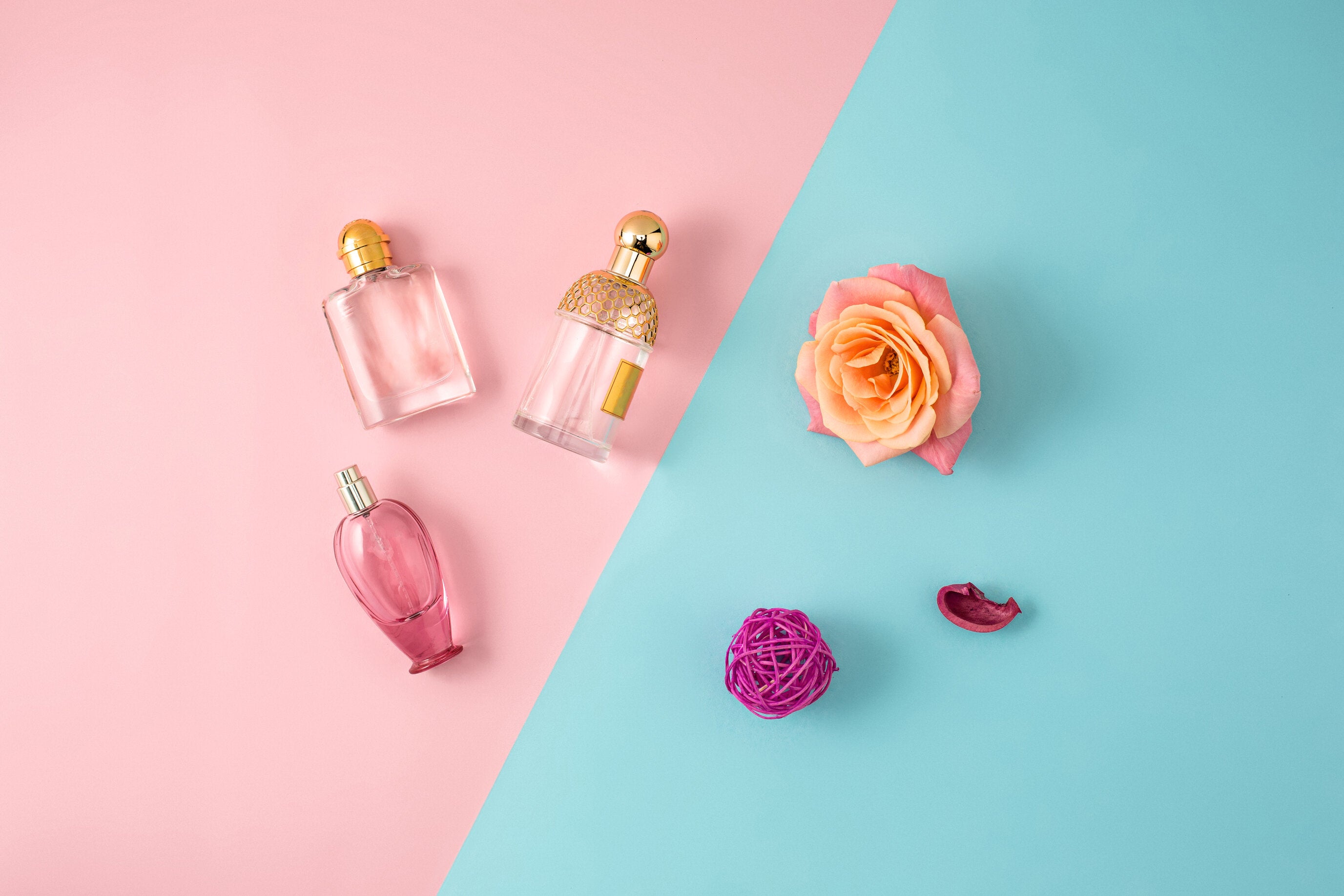Perfumer's alcohol is often preferred over ethanol for several key reasons that make it better suited for perfumery:
-
Neutrality:
- Perfumer's Alcohol: It is virtually odorless and colorless, providing a clean and neutral base that allows the fragrance notes to shine without interference.
- Ethanol: Ethanol carries a noticeable natural odor that can interfere with the intended fragrance composition.
-
Purity:
- Perfumer's Alcohol: It undergoes rigorous distillation to remove impurities, ensuring a high level of purity that doesn't detract from the fragrance's character.
- Ethanol: While generally pure, it may still contain trace amounts of impurities or unwanted scents.
-
Stability:
- Perfumer's Alcohol: It serves as a stable medium for blending fragrance oils, preserving the integrity of the fragrance composition over time.
- Ethanol: Its rapid evaporation rate can impact the longevity and sillage of a perfume, leading to a scent that may not endure as long on the skin.
-
Skin-Friendly:
- Perfumer's Alcohol: It is formulated to be gentle on the skin, making it ideal for personal fragrances that come into direct contact with the wearer.
- Ethanol: While generally safe for most skin types, it can be more drying than other base alcohols commonly used in perfumery.
-
Precision in Blending:
- Perfumer's Alcohol: It provides a neutral canvas for perfumers to blend and layer fragrance oils, allowing for precise control over scent composition.
- Ethanol: Its natural scent and rapid evaporation can hinder the perfumer's ability to control and craft the scent profile as desired.
-
Consistency:
- Perfumer's Alcohol: It helps maintain the fragrance's integrity and ensures that the scent remains consistent over time.
- Ethanol: Fragrances composed with ethanol may experience scent changes over time due to its reaction with the fragrance oils.
In summary, perfumer's alcohol is preferred in perfumery due to its neutrality, high purity, stability, skin-friendly nature, and the precise control it offers in fragrance blending. While ethanol has its applications in various industries, its inherent scent and rapid evaporation rate make it less ideal for crafting exceptional perfumes that captivate the senses and endure over time.






